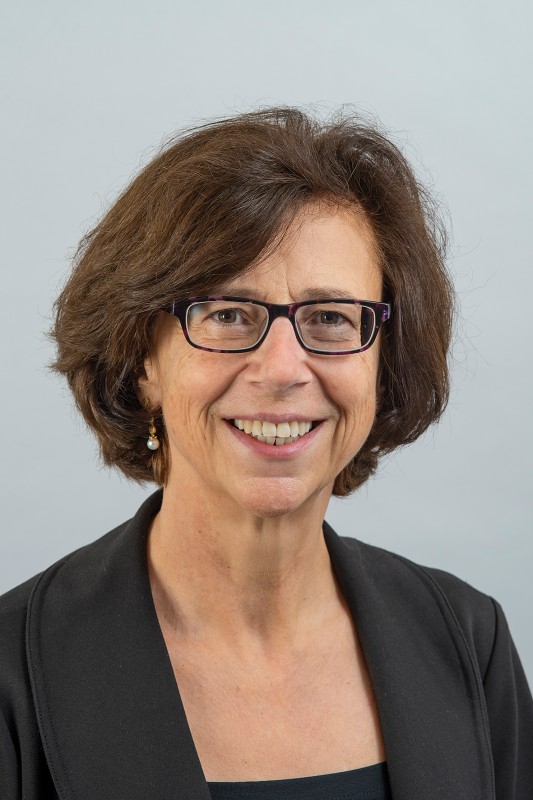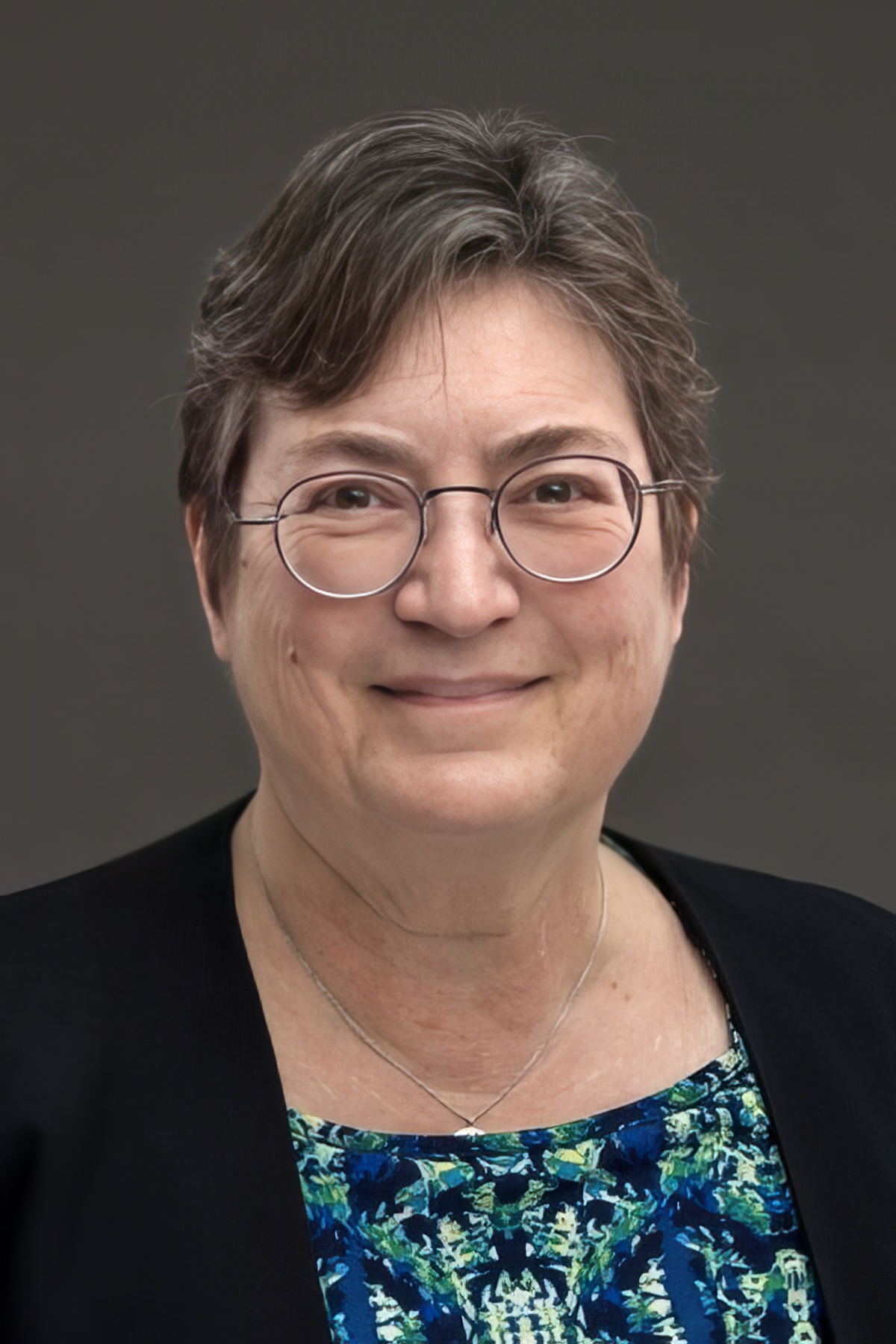It is important to the Women Professors Forum to highlight and share any relevant information regarding women in STEM fields. This includes news and articles featuring women outside of the association, as the association is concerned with the careers and works of all women in science. More articles can be found on the official sites: SNSF / ETHZ / EPFL
The Gender pay gap in academia
As it exists in many other fields, the gender pay gap also affects women in academia. An association similar to our own, the Association of Professional Women in Medical Sciences, comprised of junior women and senior scientists worked for decades to help improve policies for women at the University of North Carolina in the USA. Cureus published an article detailing the background and the history of the association’s activities.
The article describes the road and the approaches the association took to promote the hiring and retention of women staff at the university. Their example is an interesting case of academic activism for any institution or association with similar goals to examine, as is the authors’ intention: “This model may serve as a template or model for other institutions and as a chronicle of the evolution of the challenges and successes that women faculty in medical sciences have experienced in the last four decades.”
Read the full article on Cureus.
Sexism in Academia
“Sexism in academia is bad for science and a waste of public funding“: an article which can receive no better introduction than its own title. This one in the Nature Reviews Materials online journal and another similar article in The Conversation are two articles co-authored by two of our members, Ursula Keller and Janet Hering. In collaboration with other women scientists they highlight how great of an obstacle sexism is to science and its consequences in academics and real life: (potentially life-saving) progress is stifled and resources in the shape of public funding and valuable contributors to science are lost. Ursula Keller also contributed her own article on the subject on ellexx.


Read the full articles here:
“Sexism in academia is bad for science and a waste of public funding“ Nature Reviews Materials
„How your money is helping subsidize sexism in academia – and what you can do about it“ The Conversation
„Sexismus in der Wissenschaft: Wie Fortschritt gebremst und Steuergelder verschwendet werden“ ellexx
4th EWORA Webinar – Excellence & Gender
The 4th EWORA Webinar
“Excellence and Gender: In what way is the construction of excellence linked to gender?“
will be held on 18 October 2021 (14:00 – 15:30 CET).
The meeting will be chaired by Prof. Birgit Riegraf, President of Paderborn University, Germany, and Board Member of EWORA.
PROGRAM
- Prof. Dr. Liisa Husu (Örebro University, Sweden): “Gender and excellence in the research funding landscape”
- Prof. Dr. Yvonne Benschop (Radboud University/Netherlands): “Sheep with five legs”
- Dr. Lena Weber (Paderborn University/Germany): “Competitions for Excellence and Gender Equality: What is the prize and what should follow?”
- Discussion and Closure
Further information and RSVP in this link
Survey of Issues Important to women Professors at EPFL and ETHZ – 2019
In 2018, the ETH WPF conducted a survey of the issues important to women professors at EPFL and ETHZ. the report was published in 2019 and can be found here.
Eine grosse Liebe zum Detail
Sereina Riniker wurde mit 29 Jahren die jüngste Professorin an der ETH Zürich und gehört weltweit zu den vielversprechendsten jungen Forscherinnen.

Die gebürtige Aargauerin war schon am Gymnasium von den Naturwissenschaften fasziniert, besonders von der Informatik. Ein Programm Schritt für Schritt aufzubauen, hätte ihr viel Spass gemacht. Die Logik dahinter beeindruckte sie. So überlegte sie sich lange, Informatik zu studieren. Das Fachgebiet erschien ihr dann doch zu abstrakt. Sie wollte die Grundsätze der Natur verstehen, und zwar bis ins Detail. So entschied sie sich für das Studium der Chemie.
Während des Studiums merkte sie, dass sie die beiden Disziplinen sogar kombinieren könnte. Sie belegte alle Informatikkurse, die innerhalb des Chemiestudiums angeboten wurden, um sich das nötige Handwerkszeug im Programmieren anzueignen. Den Masterabschluss in der Tasche, absolvierte sie einen Forschungsaufenthalt in den USA, wo sie mit Forschern in der computergestützten Chemie zusammenarbeitete. Ihr wurde klar, dass das ihre Zukunft war. Denn vor der klassischen experimentellen Arbeit im Labor hatte sie immer grossen Respekt. «Nach jedem Versuch war ich froh, dass nichts in die Luft gegangen ist», erzählt sie lachend.
Quota for Women and why Ursula Keller changed her mind
Available in German.
Interview with Prof. Dr Ursula Keller, President of ETH Women Professors Forum, in the special edition about quota for women the online-magazine of the academic association “Fachfrauen Umwelt ffu-pee”.
Read more…
PDF “Frauenquote und Prof. Ursula Keller’s persönlicher Meinungswandel”, in Frachfrauen Umwelt ffu-pee, Juni 2015.
Expectations of brilliance underlie gender distributions
The study of Sarah-Jane Leslie et al. hypothesize that, across the academic spectrum, women are underrepresented in fields whose practitioners believe that raw, innate talent is the main requirement for success, because women are stereotyped as not possessing such talent.
The analysis of the data suggest that academics who wish to diversify their fields might want to downplay talk of innate intellectual giftedness and instead highlight the importance of sustained effort for top-level success in their field. Such easily implementable
changes would enhance the diversity of many academic fields.
PDF “Expectations of brilliance underlie gender distributions across academic disciplines”, by Sarah-Jane Leslie, Andrei Cimpian, Meredith Meyer, Edward Freeland, in: Science Magazine, 16 January 2015, Vol. 34, Issue 6219.
Death by a Thousand Cuts
Women are being forced out of careers in science and engineering, not because they can’t juggle babies and Bunsen burners, but because they’re discouraged at every turn by thousands of small, sexist moments that make them feel unwelcome and unworthy. Reddit interim CEO Ellen Pao, who just lost a major sexdiscrimination lawsuit against her former employer, called it a “death by a thousand cuts”.
In Canada, women are enrolling in science and engineering in record numbers, but don’t win awards and don’t stay in the field. -What’s happening?
Up until now, research on the dearth of women in STEM (science, technology, engineering and math) has mostly focused on the pipeline issue: namely, the more women you get into undergraduate classes, the more will come out the other end. However the percentage of women in the working field remains low. When it comes to recognizing a body of work with an award or a prize, the numbers are just as discouraging.
PDF “Do the Math”, by Zane Schwartz, in: MacLeans Magazine, 17 April 2015.
Retaining More Academic Women
Where are all the women in higher education?
There is evidence supporting that women are underrepresented in academe today. How can colleges and universities open up the path to leadership for women in the future? In a special collection of articles published by the Chronicle of Higher Education (Washington D. C., 2015), you find a variety of perspectives on the gender gap in higher education, including how some colleges are creating ways to retain and support female academics.
Women in the Geosciences – Toward Parity
Practical, Positive Practices
By Mary A. Holmes et al., American Geophysical Union, May 2015.
This book sheds light on some of the best practices that increase participation by women and promote parity.
Volume highlights include:
• Lessons learned from NSF-ADVANCE
• Data on gender composition of faculty at top earth science institutions in the US
• Implicit bias and gender as a social structure
• Strategies for institutional change
• Dual career couples
• Family friendly policies
• Role of mentoring
• Career advancement for women
• Recruiting diverse faculty
• Models of institutional transformation
How to be an effective sponsor and a good protégé
The Relationship You Need to Get Right throughout your career
PDF “The Relationship You Need to Get Right” by Sylvia Ann Hewlett, Melinda Marshall, and Laura Sherbin, in: Harvard Business Review, October 2011, p. 131 – 134.
Best way to flourish excellence
Is a ticking clock the best way for scientists to flourish? The Medical Research Council in UK thought it over and removed the time-bound criteria.
The Medical Research Council in UK reflected whether time is since PhD an adequate or fair measurement of a person’s creativity, experience or productivity. They concluded that it is not. So they removed the years post-PhD barrier and widened the pool of applicants showing perseverance, dedication and commitment.
Read more…
“Science doesn’t only need sprinters”, by Simone Bryan, Programme Manager for Strategic Projects here at the MRC, in: Medical Research Insights, 18.03.2015.